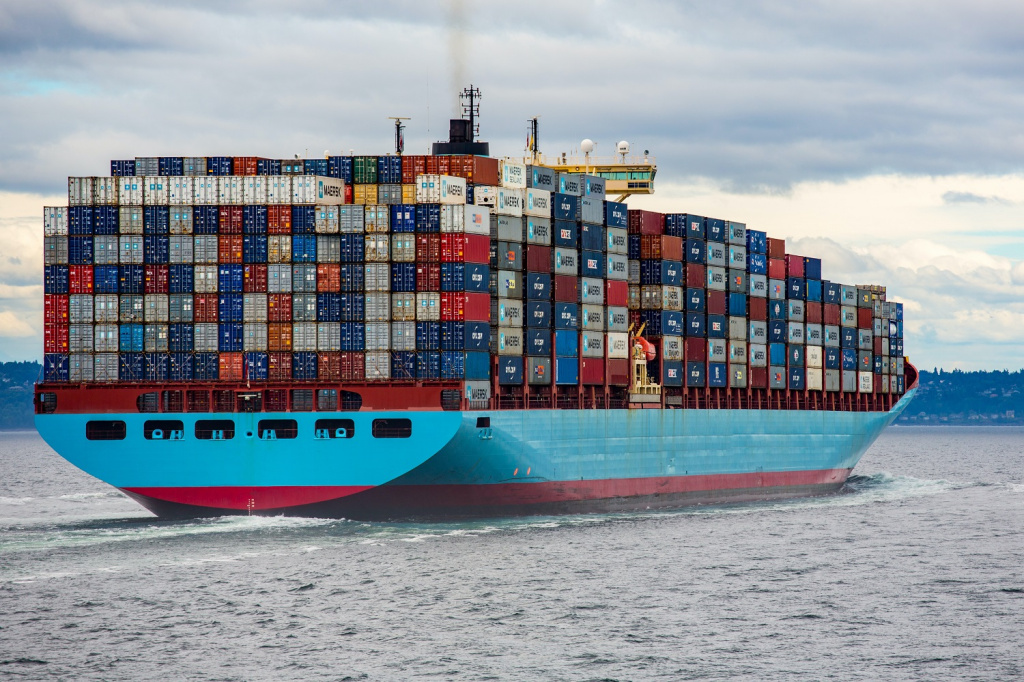Legislative changes
Legislative changes introduced by Government Resolution No. 1538Government Resolution No. 1538 of 21 September 2023 “On Export Duty Rates in relation to Goods Exported from the Russian Federation beyond the Borders of the Eurasian Economic Union and on the Introduction of Changes to Export Duty Rates in relation to Goods Exported from the Russian Federation beyond the Borders of the Eurasian Economic Union” of 21 September 2023 (“Resolution”) have taken effect since 1 October 2023. The changes provide for the temporary introduction of flexible export duties applying to the export of goods from the Russian Federation beyond the EAEU borders until the end of 2024. According to an official statement of the Russian Government, this measure is aimed at “maintaining a rationale balance between exports and domestic consumption” with a view to protecting the domestic market from unjustified price increases.The new regulation applies to a broad range of goods, including foods, alcoholic and non-alcoholic beverages, tobacco, live animals, plant materials, mining products, metal industry products, precious metals, coal, chemical products, etc (around 70 groups of goods in total).
The common export duty rate for the goods listed in the Resolution will be determined on a monthly basis and will be published on the official website of the Ministry of Economic Development of the Russian Federation (no later than on the 26th day of each month) depending on the national currency exchange rateThe export duties established in respect of a series of goods (such as petroleum products, petroleum, coal, oil, etc) earlier remain unchanged despite the adoption of new regulations:
|
USD exchange rate (in RUB) over the period of monitoringThe monitoring period starts on the 26th day of a calendar month and ends on the 25th day of the next month (inclusive) |
Export duty rate (% of the customs value of goods) |
| <80 | 0 |
|
80—85 |
4 |
|
85—90 |
4.5 |
|
90—95 |
5.5 |
| >95 | 7 |
Practical aspects
Enhanced customs control in respect of exported goodsGiven that before the adoption of the Resolution export duties only applied to very few categories of goods, the above changes will have a significant effect on business. Apart from potentially decreasing the competitiveness of Russian goods on the global market due to the need for the exporters to increase their value, the introduction of export duties will apparently result in enhanced control over the exporters’ activities.
In our opinion, such control will mainly concentrate on the correct determination of the EAEU HS codes — like in the audits of imported goods — and compliance with the structure of the declared customs value of exported goods and its reliability from the perspective of the Rules of Customs Valuation of Goods Exported from the Russian Federation as were approved by Government Resolution No. 1694Government Resolution No. 1694 of 16 December 2019 “On the Approval of the Customs Valuation Rules in relation to Goods Exported from the Russian Federation” of 16 December 2019.
Considering the current law enforcement practice, we would suggest that the customs authorities will focus on companies supplying goods to related parties due to the potential influence of the parties’ relations on the value of the transaction in such goods.
Therefore, the introduction of export duties suggests potentially tougher customs control over exported goods and entails the risk of additional customs assessments on companies, the risk of incurring administrative liability or the risk of being criminally prosecuted based on the findings of such audit activities.
Control over exports from Russia to the EAEU
In addition to this, according to a literal interpretation of the Resolution, export duties apply only to the goods that are exported from Russia beyond the borders of the EAEU. Therefore, considering the current regulation of trade inside the EAEU, exports from Russia for the purposes of internal trade with other EAEU member states remain duty-free. So far, no clarifications have been released as to how such situations will be controlled in terms of the potential subsequent resale of such goods with the aim of their export beyond the borders of the EAEU.
Taking into account the above, we should expect tougher control over trade inside the EAEU with the potential introduction of additional requirements for Russian sellers.
No exemptions from export duties
The current version of the Resolution does not provide for any exceptions to the imposition of export duties on the listed goods:
- There is no limit on duty-free exports (like there is for imports — EUR 1,000 until 1 April 2024);
- Goods for personal use are not specified among goods that are exempt from export duties.
Denuo’s recomendations
With a view to mitigating risks arising in connection with the introduction of export duties in relation to a broad range of goods and potentially tougher controls in relation to exported goods, we recommend that exporters should:- Keep an eye on legislative amendments, especially those concerning updates to the list of goods liable to export duties and export duty rates, as well as on the relevant law enforcements practice in order to mitigate the risk of a breach of customs legislation;
- Properly, in advance of the start of customs control activities, analyse the structure and reliability of the customs value of exported goods in accordance with Government Resolution No. 1694 of 16 December 2019 and take measures to mitigate the identified risks (by correcting the provisions of foreign trade contracts, those of other contracts relating to the export of goods and documents confirming additional assessments (such as transport expenses and the like), by analysing the influence of the parties’ relations on the price of goods, making revisions to goods declarations on their own and paying up additionally assessed customs charges).
- Analyse the correctness of HS codes of exported goods and gather a complete package of supporting documents, including technical documents and expert opinions.
- Provide qualified legal assistance where there are customs audit activities underway.





